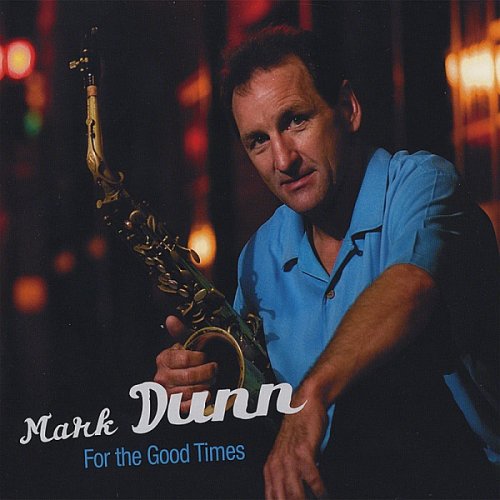Penny Rimbaud - Arthur Rimbaud In Verdun (2020)
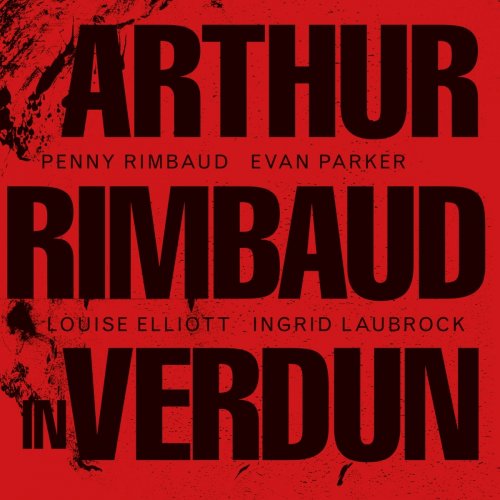
Artist: Penny Rimbaud
Title: Arthur Rimbaud In Verdun
Year Of Release: 2020
Label: One Little Independent Records
Genre: Jazz
Quality: FLAC (tracks)
Total Time: 45:29 min
Total Size: 277 MB
WebSite: Album Preview
Tracklist:Title: Arthur Rimbaud In Verdun
Year Of Release: 2020
Label: One Little Independent Records
Genre: Jazz
Quality: FLAC (tracks)
Total Time: 45:29 min
Total Size: 277 MB
WebSite: Album Preview
01. Intro
02. Part One
03. Intermezzo One
04. Part Two
05. Intermezzo Two
06. Part Three
07. Intermezzo Three
08. Part Four
09. Intermezzo Four
10. Part Five
11. Intermezzo Five
12. Part Six
13. Intermezzo Six
14. Part Seven
15. Intermezzo Seven
16. Part Eight
17. Intermezzo Eight
18. Part Nine
19. Intermezzo Nine
20. Part Ten
21. Intermezzo Ten
22. Part Eleven
Penny Rimbaud, is a legendary punk poet, writer, painter, multi-instrumentalist and co-founder of seminal anarchist outfit Craass.
The album is a fiction constructed by Penny, out of interest as to the possible outcome, places the French poet Arthur Rimbaud (who died in 1891) at the historic and tragic battle of Verdun in 1916. The idea being that Penny found something to be explored in the possibilities of the young vagabond and his perception of such drastic events.
“Truth is, I landed him there because I was fascinated to know just how this greatest of French poets might cope against the enormities of war” he tells us, “I wondered what lessons would be learnt which could then be conveyed to a planet still so obsessed with conflict, grief and suffering.”
Taking influence from the sounds of John Coltrane and the visuals of Jackson Pollock, Penny ventured into the unknown with his idol and namesake to bring us a truly unique high-concept album and gripping tale of death and romance.
“I shared his humour and his sorrow, his passion and his poetics, albeit sometimes tiring of his obsessions” Penny ruminates. “How many times must he have cried ‘look’ regarding something that I simply couldn’t see. ‘Over there. Look, look, over there,’ where to me there was only darkness and death. When most fatigued, he’d often call me Paul, but most times I was too tired to respond. But love we did, fed by flares, shattered by shells, blistered by the blasts, arm in arm ‘til arms there were none. Although most of those who we met along those turgid tunnels of death might at one time or another have fallen for self-pity, Arthur would have none of it. Anything and everything could be retranslated to challenge bourgeoise conceits or reformed to defy materialist dogma.
We were lovers. We were friends, sublime in our kinship, but I have a strange feeling that neither of us survived the terror of Verdun. Together we wallowed in the mincemeat scrunch of gore and bone and torn flesh, not knowing which of us was what, and never mind the who that was so cruelly unified as one within the squelch. Yes, we were detritus, and in that we found ourselves and each other. The void was complete, and another dawn broke above the carnage.”
Dark and vivid jazz-infused ambience is punctured by Penny’s spoken word lyricism painting pictures of the chaotic experience of World War 1. Maniacally delivered readings are ruthless in their detailed realism, not only well researched but so convincingly told it’s easy to forget it’s a narrative. Exceptionally realised, brutal at times and incredibly poignant in others, ‘Arthur Rimbaud In Verdun’ is unlike anything else in subject or sound.
Penny is joined by a host of revered saxophonists that helped him to complete his vision. Evan Parker, recognised worldwide as one of jazz’s most respected players. Ingrid Laubrock, now a resident in New York and fast becoming a major voice as a highly inventive freeform player and as a composer. Finally, Louise Elliott, who stands as an outsider having come to jazz through the sensitivities of classical training mixed with punk and all its raucous sense of attack. The three players together make for a staggering display of sax pyrotechnics matching Penny's multidimensional poetry and dramatic approach to performance.
The album is a fiction constructed by Penny, out of interest as to the possible outcome, places the French poet Arthur Rimbaud (who died in 1891) at the historic and tragic battle of Verdun in 1916. The idea being that Penny found something to be explored in the possibilities of the young vagabond and his perception of such drastic events.
“Truth is, I landed him there because I was fascinated to know just how this greatest of French poets might cope against the enormities of war” he tells us, “I wondered what lessons would be learnt which could then be conveyed to a planet still so obsessed with conflict, grief and suffering.”
Taking influence from the sounds of John Coltrane and the visuals of Jackson Pollock, Penny ventured into the unknown with his idol and namesake to bring us a truly unique high-concept album and gripping tale of death and romance.
“I shared his humour and his sorrow, his passion and his poetics, albeit sometimes tiring of his obsessions” Penny ruminates. “How many times must he have cried ‘look’ regarding something that I simply couldn’t see. ‘Over there. Look, look, over there,’ where to me there was only darkness and death. When most fatigued, he’d often call me Paul, but most times I was too tired to respond. But love we did, fed by flares, shattered by shells, blistered by the blasts, arm in arm ‘til arms there were none. Although most of those who we met along those turgid tunnels of death might at one time or another have fallen for self-pity, Arthur would have none of it. Anything and everything could be retranslated to challenge bourgeoise conceits or reformed to defy materialist dogma.
We were lovers. We were friends, sublime in our kinship, but I have a strange feeling that neither of us survived the terror of Verdun. Together we wallowed in the mincemeat scrunch of gore and bone and torn flesh, not knowing which of us was what, and never mind the who that was so cruelly unified as one within the squelch. Yes, we were detritus, and in that we found ourselves and each other. The void was complete, and another dawn broke above the carnage.”
Dark and vivid jazz-infused ambience is punctured by Penny’s spoken word lyricism painting pictures of the chaotic experience of World War 1. Maniacally delivered readings are ruthless in their detailed realism, not only well researched but so convincingly told it’s easy to forget it’s a narrative. Exceptionally realised, brutal at times and incredibly poignant in others, ‘Arthur Rimbaud In Verdun’ is unlike anything else in subject or sound.
Penny is joined by a host of revered saxophonists that helped him to complete his vision. Evan Parker, recognised worldwide as one of jazz’s most respected players. Ingrid Laubrock, now a resident in New York and fast becoming a major voice as a highly inventive freeform player and as a composer. Finally, Louise Elliott, who stands as an outsider having come to jazz through the sensitivities of classical training mixed with punk and all its raucous sense of attack. The three players together make for a staggering display of sax pyrotechnics matching Penny's multidimensional poetry and dramatic approach to performance.
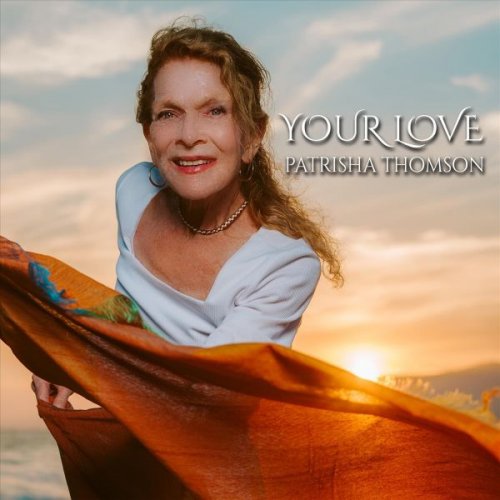
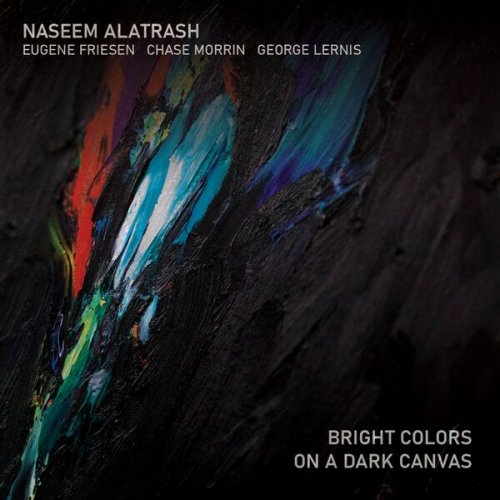
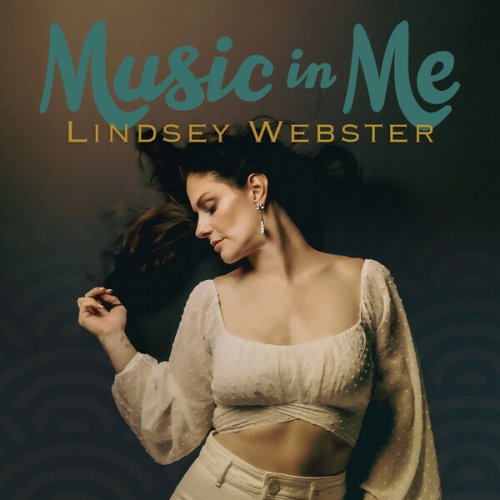
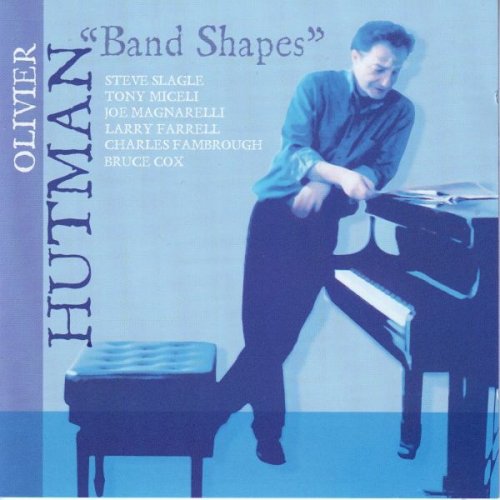
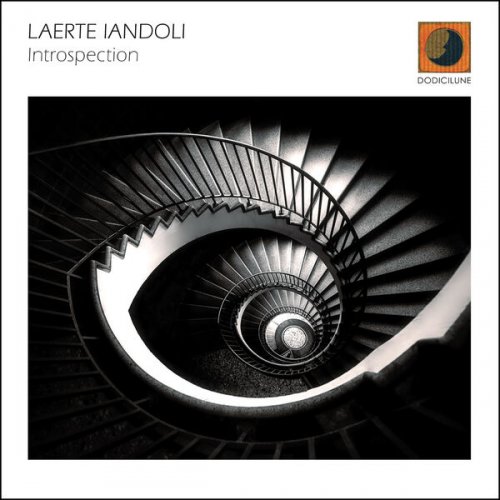
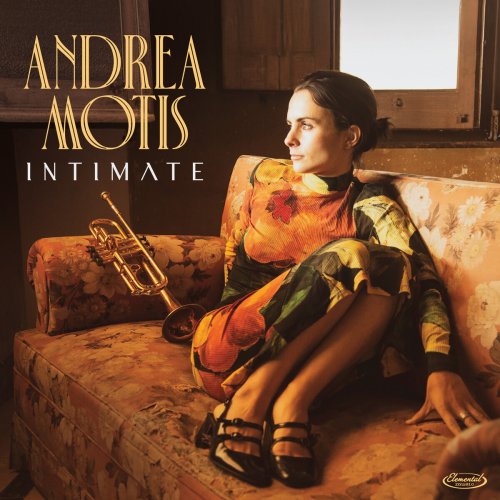
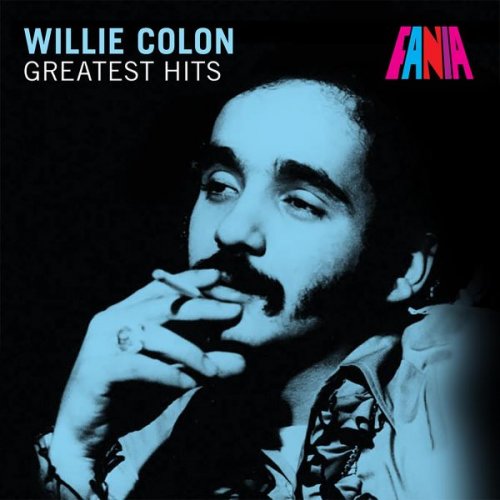
![Mehmet Ali Sanlikol - The Electric Oud Man Speaks and You Listen... (2026) [Hi-Res] Mehmet Ali Sanlikol - The Electric Oud Man Speaks and You Listen... (2026) [Hi-Res]](https://img.israbox.com/img/2026-02/28/0areq907i6p8nj96306jai1a0.jpg)
